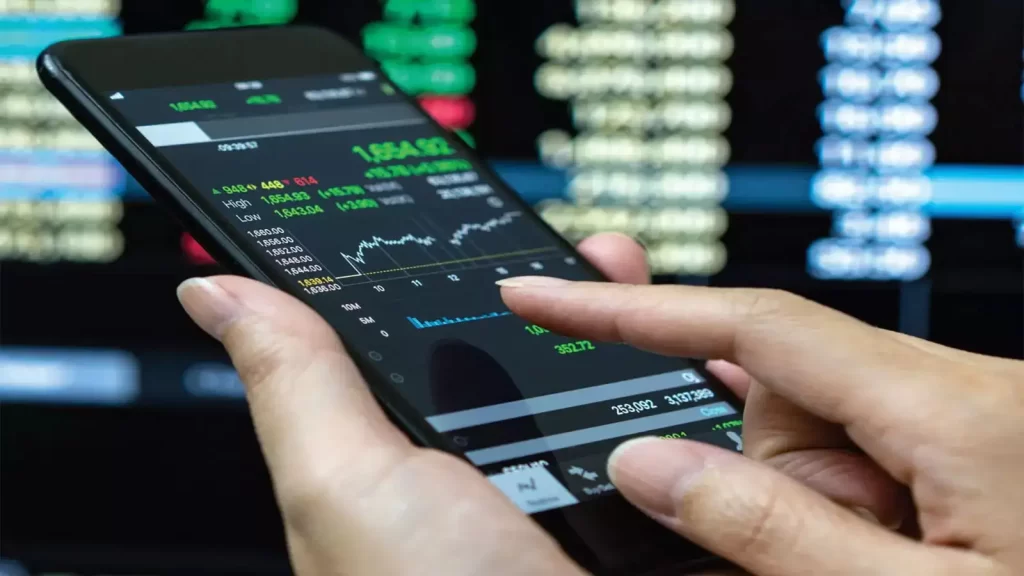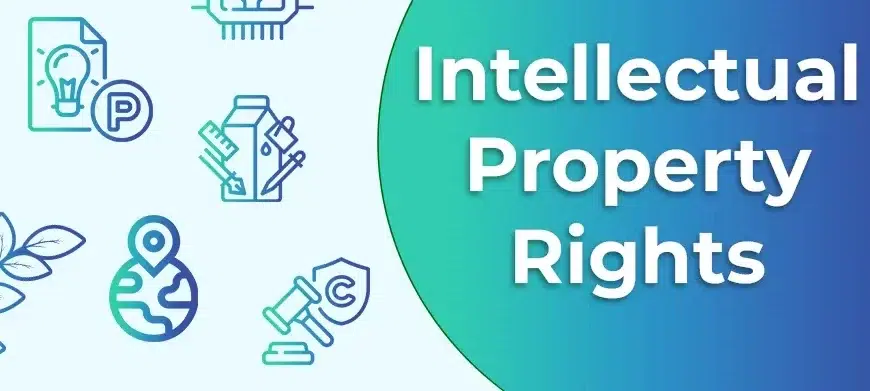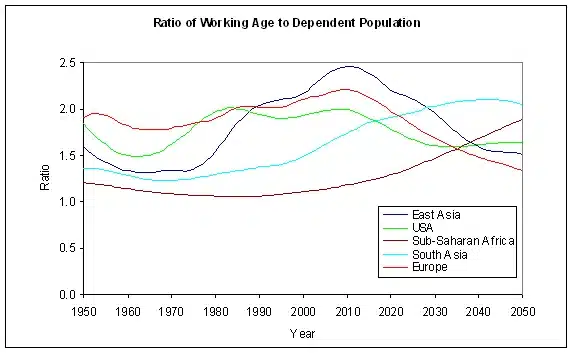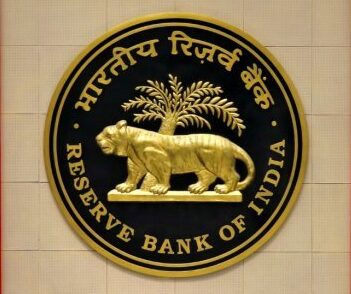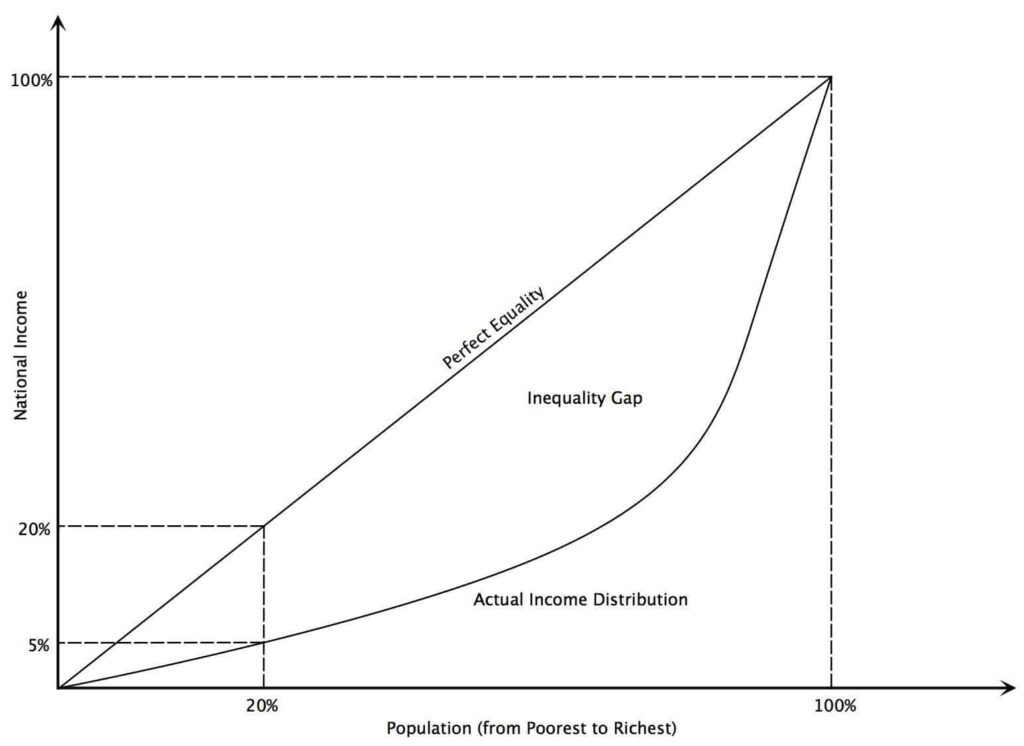Effects Of Inflation On An Economy
There are multi-dimensional effects of inflation on an economy both at the micro and macro levels. It redistributes income, distorts relative prices, destabilises employment, tax, saving and investment policies, and finally it may bring in recession and depression in an economy.
Some of the effects of inflation is given below:
On Creditors and Debtors :
- Borrowers gain and lenders lose during inflation because debts are fixed in rupee terms.
- When debts are repaid their real value declines by the price level increase and, hence, creditors lose.
- The borrower welcomes inflation since he will have to pay less in real terms than when it was borrowed. Because of inflation, the borrower is given ‘dear’ rupees, but pays back ‘cheap’ rupees.
Bond and debenture-holders:
- In an economy, there are some people who live on interest income—they suffer most.
- Bondholders earn fixed interest income: These people suffer a reduction in real income when prices rise.
- In other words, the value of one’s savings decline if the interest rate falls short of inflation rate.
- Similarly, beneficiaries from life insurance programmes are also hit badly by inflation since real value of savings deteriorate.
On Lending:
- With the rise in inflation, lending institutions feel the pressure of higher lending.
- Institutions don’t revise the nominal rate of interest as the ‘real cost of borrowing’ (i.e., nominal rate of interest minus inflation) falls by the same percentage with which inflation rises.
On Aggregate Demand:
- Rising inflation indicates rising aggregate demand and indicates comparatively lower supply and higher purchasing capacity among the consumers.
- Usually, higher inflation suggests the producers to increase their production level as it is generally considered as an indication of higher demand in the economy.
On Investment:
- People who put their money in shares during inflation are expected to gain since the possibility of earning of business profit brightens.
- Higher profit induces owners of firm to distribute profit among investors or shareholders.
On Producers and Consumers:
- In inflationary situation, the producers stand to gain and consumers stand to lose.
- The purchasing power of money held by consumer falls.
- So, they have to pay more money to purchase the same amount of goods and services what they bought before inflation.
On Flexible income group and Fixed income group:
- The flexible income groups like sellers, self employed, and employees of private concerns whose salary is adjusted according to inflation do not get affected, but fixed income groups like daily wage earners lose as the purchasing power of their income diminishes.
On Income:
- Inflation affects the income of individual and firms alike.
- An increase in inflation, increases the ‘nominal’ value of income, while the ‘real’ value of income remains the same.
- Increased price levels erode the purchasing power of the money in the short-run, but in the longrun the income levels also increase (making the nominal value of income going upward).
- It means, in a given period of time income may go up due to two reasons, viz., inflationary situation and increased earning.
- The concept ‘GDP Deflator’ (GDP at current prices divided by GDP at constant prices) gives the idea of ‘inflation effect’ on income over a given period.
On Saving:
- Holding money does not remain an intelligent economic decision (because money loses value with every increase in inflation) that is why people visit banks more frequently and try to hold least money with themselves and put maximum with the banks in their saving accounts (to minimise the loss in value of money with interest earned on it, provided bank is paying positive interest on saving account).
- This is also known as the shoe leather cost of inflation (as it consumes the precious time of the people visiting the bank frequently tagging their shoe).
- It means that saving rate increases. But this happens as a short-term effect of inflation. In the long-run, higher inflation depletes the saving rate in an economy.
- Just the opposite situation arises when inflation falls or shows falling traits with decreasing saving, in the short-run and increasing saving in the long-run, respectively.
On Expenditure:
- Inflation affects both the forms of expenditures —consumption as well as investment.
- Increased prices make our consumption levels fall as goods and services we buy get costlier. We see a tendency among the people to cut their consumption levels aimed at neutralising the impact of price rise— making consumption expenditure fall.
- Exact opposite happens once prices head downward. On the other hand inflations makes ‘investment’ expenditure increase as a result of decreased cost of money/finance (inflation brings benefit to borrower—known as ‘inflation premium’). In times of price fall just opposite happens.
On Tax:
On tax structure of the economy, inflation creates two distortions:
- Tax-payers suffer while paying their direct and indirect taxes. As indirect taxes are imposed ad valorem (on value), increased prices of goods make tax-payers to pay increased indirect taxes (like cenvat, vat, etc., in India). Similarly, due to inflation, direct tax (income tax, interest tax, etc.) burden of the tax-payers also increases as tax-payer’s gross income moves to the upward slabs of official tax brackets (but the real value of money does not increase due to inflation; in fact, it falls). This problem is also known as bracket creep—i.e., inflation-induced tax increases.
- The extent to which tax collections of the government are concerned, inflation increases the nominal value of the gross tax revenue, while real value of the tax collection does not compare with the current pace of inflation as there is a lag (delay) in the tax collection in all economies.
On Exchange Rate:
- With every inflation the currency of the economy depreciates (loses its exchange value in front of a foreign currency) provided it follows the flexible currency regime.
- Though it is a comparative matter, there might be inflationary pressure on the foreign currency against which the exchange rate is compared.
On Balance of Payment :
- High price reduces the amount of export and increases import from other countries where goods are available at cheaper rate. It results in unfavourable balance of payment.
On Export:
- With inflation, exportable items of an economy gain competitive prices in the world market.
- Due to this, the volume of export increases (keep in mind that the value of export decreases here) and thus export income increases in the economy.
- It means export segment of the economy benefits due to inflation. Importing partners of the economy exert pressure for a stable exchange rate as their imports start increasing and exports start decreasing (see the next point).
On Import:
- Inflation gives an economy the advantage of lower imports and import-substitution as foreign goods become costlier.
- But in the case of compulsory imports (i.e., oil, technology, drugs, etc.) the economy does not get this benefit and loses more foreign currency instead of saving it.
On Trade Balance:
- In the case of a developed economy, inflation makes trade balance favourable, while for the developing economies inflation is unfavourable for their balance of trade.
- This is because of composition of their foreign trade. The benefit to export which inflation brings in to a developing economy is usually lower than the loss it incur due to its compulsory imports which become costlier due to inflation.
On Employment:
- Inflation increases emp-loyment in the short-run, but becomes neutral or even negative in the long run (see the Phillips Curve and the NAIRU in the earlier sections).
On Wages:
- Inflation increases the nominal (face) value of wages, while their real value falls.
- That is why there is a negative impact of inflation on the purchasing power and living standard of wage employees.
- To neutralise this negative impact the Indian government provides dearness allowance to its employees twice a year.
Profit-earners, speculators and black marketers:
- It is argued that profit-earners gain from inflation. Profit tends to rise during inflation.
- Seeing inflation, businessmen raise the prices of their products. This results in a bigger profit. Profit margin, however, may not be high when the rate of inflation climbs to a high level.
- However, speculators dealing in business in essential commodities usually stand to gain by inflation. Black marketers are also benefited by inflation.
Effect on Production and Economic Growth:
- Inflation may or may not result in higher output. Below the full employment stage, inflation has a favourable effect on production.
- In general, profit is a rising function of the price level.
- An inflationary situation gives an incentive to businessmen to raise prices of their products so as to earn higher volume of profit.
- Rising price and rising profit encourage firms to make larger investments.
On the Self-employed:
- Inflation has a neutralising impact on the self-employed people in the long-run. But in the short-run they also get affected as the economy as a whole gets affected.
Also refer :
- Top 50 Science MCQs For Competitive Exams
- Know About The Different Financial Sector Regulators In India

